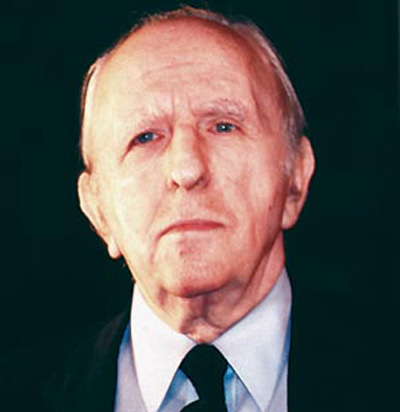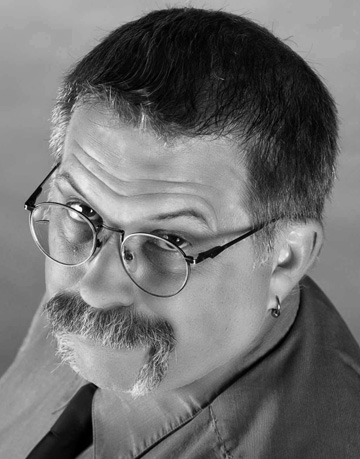Pioneering gay rights activist Frank Kameny died without enough money to pay for his burial
Back in the dark ages when I was a teenager, I distinctly remember a conversation my father and mother had after dinner one night. Dad had just returned from one of his many trips to Washington, D.C., and on one of the flights he sat next to a doctor named Frank.
My father, a research scientist and member of dozens of honorary and scientific organizations, noticed that his seatmate was wearing a lapel pin. The pin was a gold “M,” and my dad assumed it was from a fraternal or professional group.
When he asked Frank about it he learned it stood for “Mattachine Society.”
That’s when my father’s voice dropped into a more hushed tone. He told my mother that the Mattachine Society was an organization of homosexuals and he had never imagined those kinds of people organizing.
Well that was in the 1960s and I was still a questioning teenager going through all the angst that a gay boy has when he is still trying to sort out his sexuality. Hearing the mention of the word “homosexual” in such hushed tones let me know in no uncertain terms it was not something polite people talked about, much less wore lapel pins identifying themselves as one.
I have no way of knowing the identity of that man on the airplane, but it is telling that the conversation stuck with me in such detail. Today, I wonder if the “Frank” my dad encountered on the flight from D.C. might have been Dr. Frank Kameny, a pioneer of the gay rights movement.
I will never know, but I do know that Frank’s work has affected me in ways that are profound.
Without the Mattachine Society and people like Frank Kameny, Harry Hay and others, I would not be writing in this publication, and most likely there would be no Dallas Voice.
Equally profound is the other connection I share with Frank — our age. No, I am not an octogenarian. But I am part of an aging LGBT population, and as such, I will most likely face some of the same problems.
As the LGBT population ages, threading the maze of social services will most likely become more difficult. Unlike our straight brothers and sisters, we cannot rely on a spouse’s health insurance or, in most cases, on the assistance of our children. We face legal problems of proper power of attorney should we become infirm and even funds for burial when we die.
Dr. Kameny was fired from his U.S. Army Map Service job in 1957. With that firing, any pension or benefits he might have accrued went up in smoke. Not having a family to help with social services and support as he aged, Kameny was dependent on the generosity of organizations like Helping Our Brothers and Sisters (HOBS) and individual friends to survive.
Having given most of his life to fighting for LGBT rights, he was left with little in the way of retirement funds.
Which brings us to today. Dr. Kameny died on Oct. 11, and he left a rich legacy of activism and passion for LGBT rights. Unfortunately, his riches ended at the altruistic level.
His estate contains many historical documents but little in the way of cash. So in order to defray the costs of his funeral, his friends and family have set up a fund with HOBS. There will be a testimonial dinner on Nov. 10 honoring Frank, but in lieu of flowers or tributes, his family requests donations be earmarked for his memorial expenses and given to: Helping our Brothers and Sisters, 1318 U Street NW, Washington, D.C. 20009.
You can also contribute through their website at: HelpingOurBrothersAndSisters.com/donate.html.
Giving Frank a fitting funeral will be a small effort to honor a man who wore his sexuality on his lapel at a time when few people were even willing to talk about it.
Hardy Haberman is a longtime local LGBT activist and a board member of the Woodhull Freedom Alliance. His blog is at DungeonDiary.blogspot.com.
This article appeared in the Dallas Voice print edition October 28, 2011.















Frank was a quiet little man minding his own business when he was fired for being gay. Good thing for us this pissed him off so much that he dedicated his life to seeing that it wouldn’t happen to other Americans. Thanks to him, we have made a lot of progress, but we still have a long way to go. I am sending a check to HOBS today.